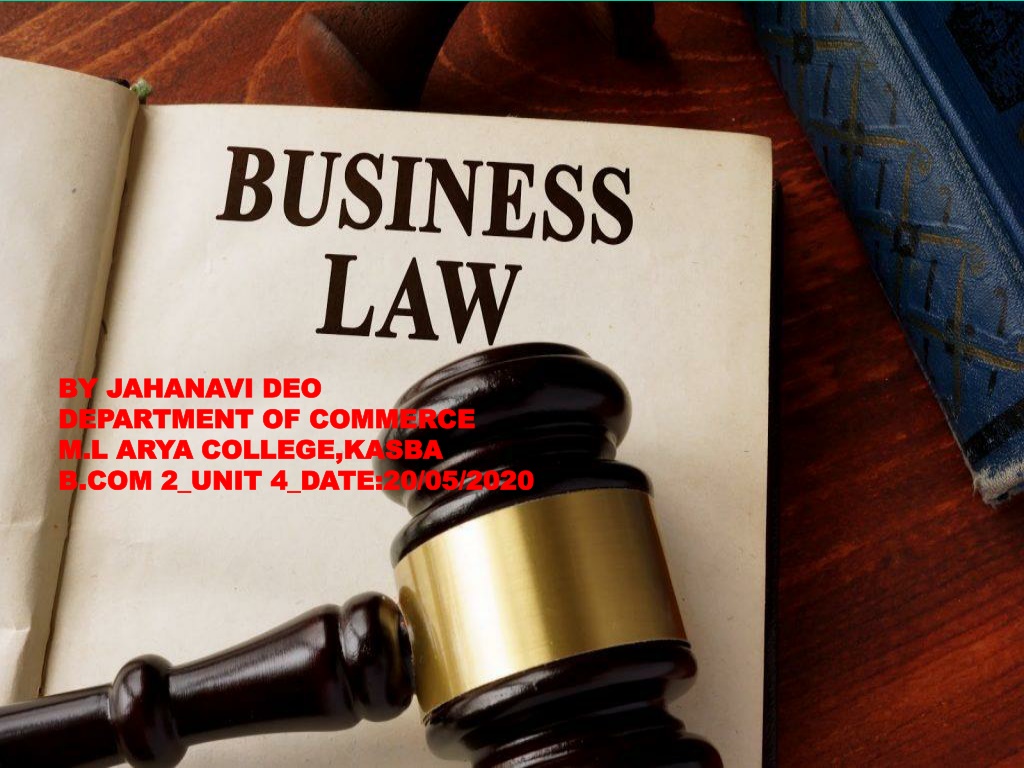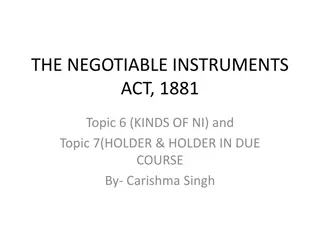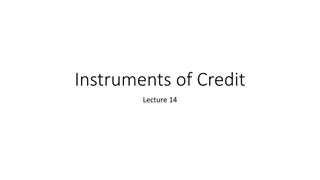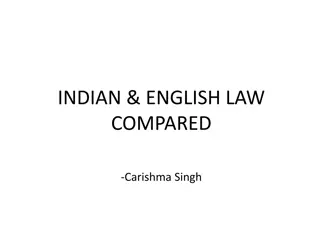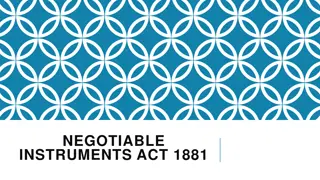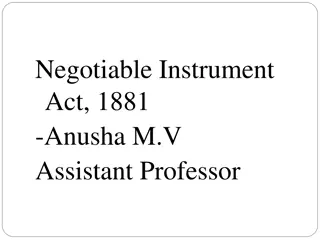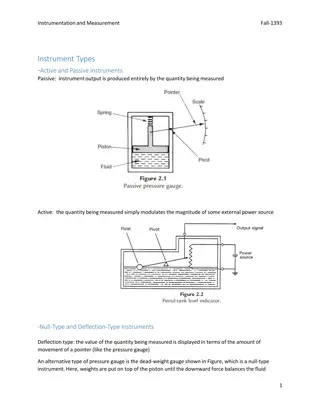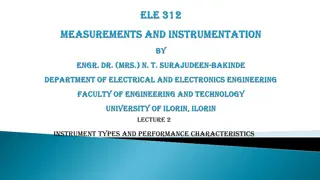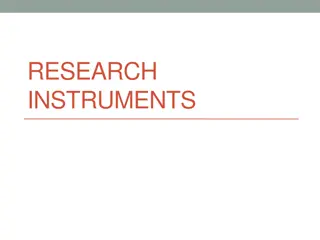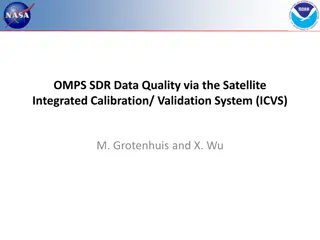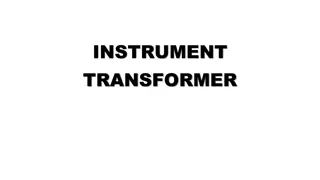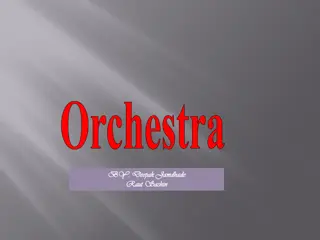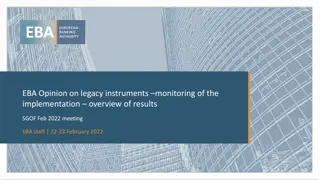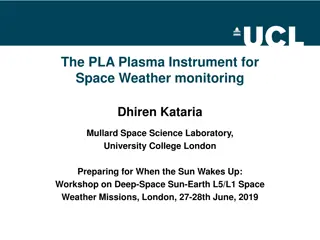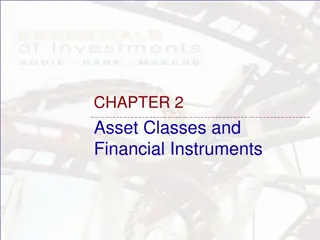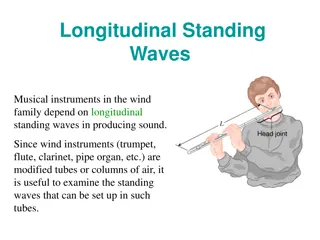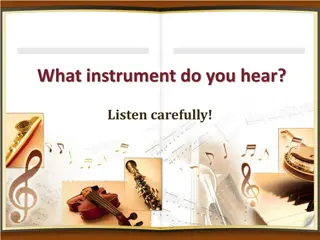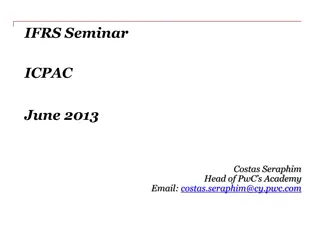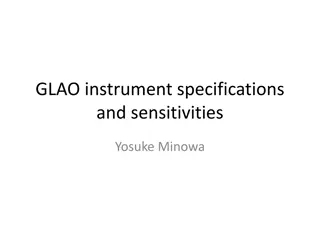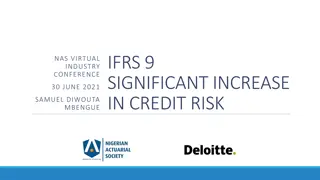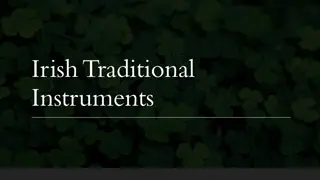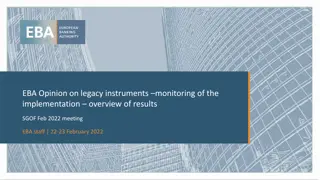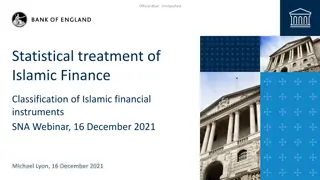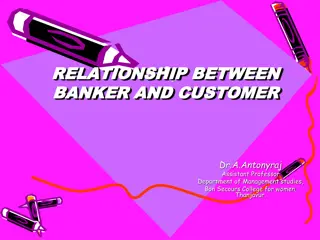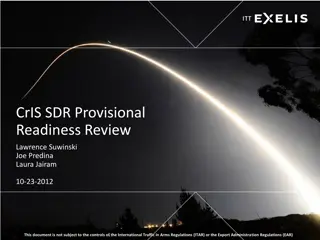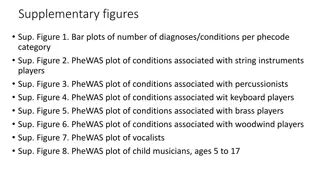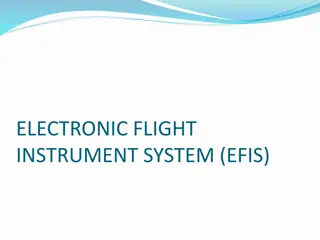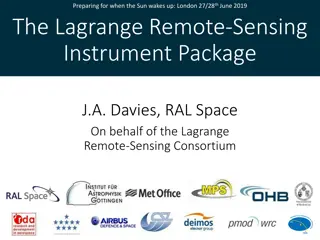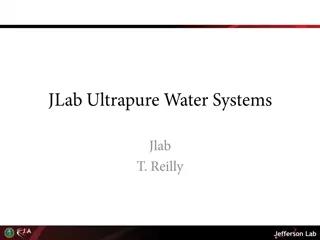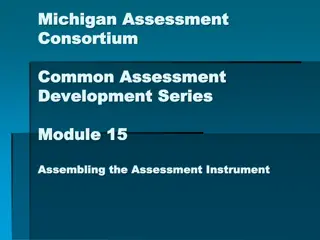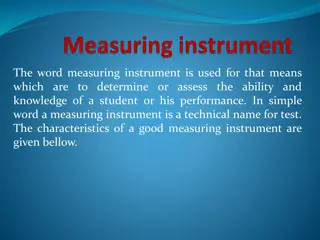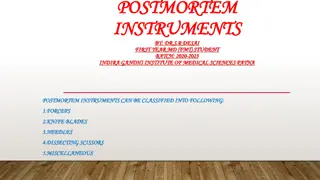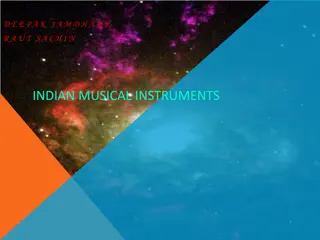Presumptions in Negotiable Instruments under the Negotiable Instrument Act
Sections 118 and 119 of the Negotiable Instrument Act outline various presumptions made by the court regarding negotiable instruments. These presumptions include consideration, date, time of acceptance, time of transfer, order of endorsement, stamp duty, and holder in due course. These presumptions serve as foundational principles in the legal interpretation of negotiable instruments, streamlining the legal processes surrounding these financial documents.
- Negotiable Instruments
- Legal Presumptions
- Consideration
- Negotiable Instrument Act
- Holder in Due Course
Download Presentation

Please find below an Image/Link to download the presentation.
The content on the website is provided AS IS for your information and personal use only. It may not be sold, licensed, or shared on other websites without obtaining consent from the author. Download presentation by click this link. If you encounter any issues during the download, it is possible that the publisher has removed the file from their server.
E N D
Presentation Transcript
BY JAHANAVI DEO BY JAHANAVI DEO DEPARTMENT OF COMMERCE DEPARTMENT OF COMMERCE M.L ARYA COLLEGE,KASBA M.L ARYA COLLEGE,KASBA B.COM 2_UNIT 4_DATE:20/05/2020 B.COM 2_UNIT 4_DATE:20/05/2020
PRESUMPTIONS AS TO NEGOTIABLE INSTRUMENT Sections 118 and 119 of the Negotiable Instrument Act lay down certain presumptions which the court presumes in regard to negotiable instruments. In other words these presumptions need not be proved as they are presumed to exist in every negotiable instrument. Until the contrary is proved the following presumptions shall be made in case of all negotiable instruments:
1. Consideration: It shall be presumed that every negotiable instrument was made drawn, accepted or endorsed for consideration. It is presumed that, consideration is present in every negotiable instrument until the contrary is presumed. The presumption of consideration, however may be rebutted by proof that the instrument had been obtained from, its lawful owner by means of fraud or undue influence.
2. Date: Where a negotiable instrument is dated, the presumption is that it has been made or drawn on such date, unless the contrary is proved. 3. Time of acceptance: Unless the contrary is proved, every accepted bill of exchange is presumed to have been accepted within a reasonable time after its issue and before its maturity. This presumption only applies when the acceptance is not dated; if the acceptance bears a date, it will prima facie be taken as evidence of the date on which it was made.
4. Time of transfer: Unless the contrary is presumed it shall be presumed that every transfer of a negotiable instrument was made before its maturity. 5. Order of endorsement: Until the contrary is proved it shall be presumed that the endorsements appearing upon a negotiable instrument were made in the order in which they appear thereon.
6. Stamp: Unless the contrary is proved, it shall be presumed that a lost promissory note, bill of exchange or cheque was duly stamped. 7. Holder in due course: Until the contrary is proved, it shall be presumed that the holder of a negotiable instrument is the holder in due course. Every holder of a negotiable instrument is presumed to have paid consideration for it and to have taken it in good faith. But if the instrument was obtained from its lawful owner by means of an offence or fraud, the holder has to prove that he is a holder in due course.
8. Proof of protest: Section 119 lays down that in a suit upon an instrument which has been dishonoured, the court shall on proof of the protest, presume the fact of dishonour, unless and until such fact is disproved.
